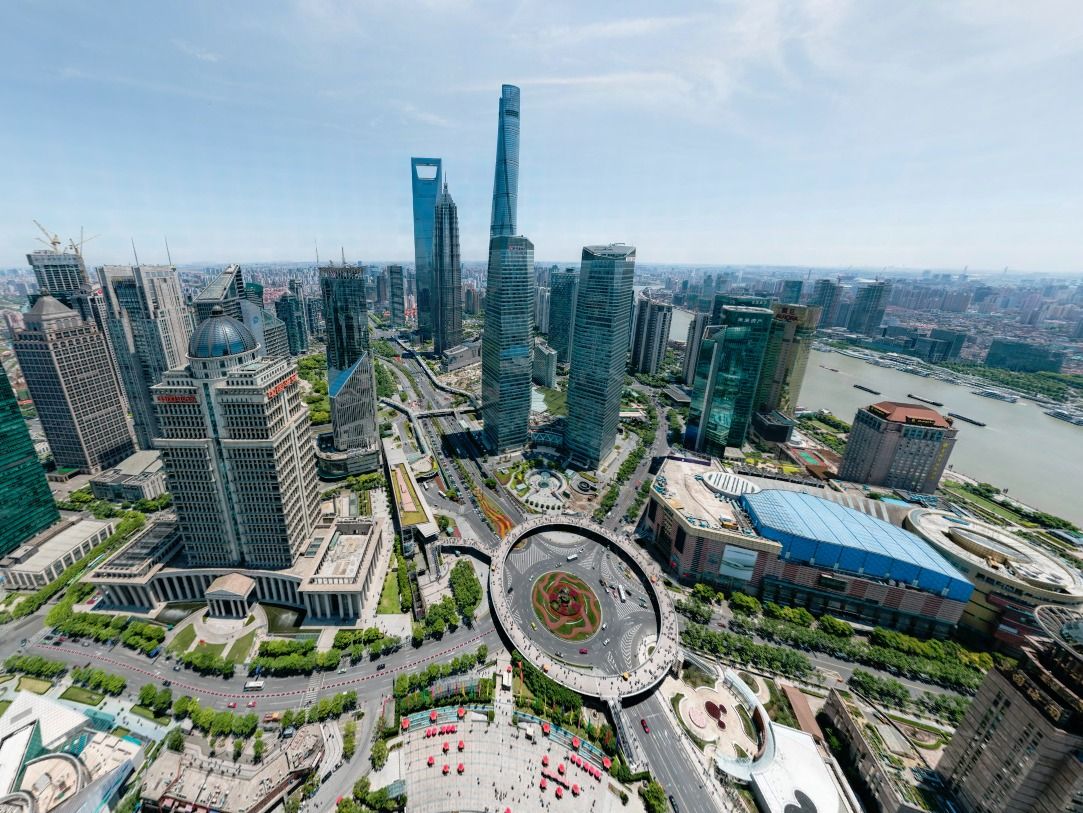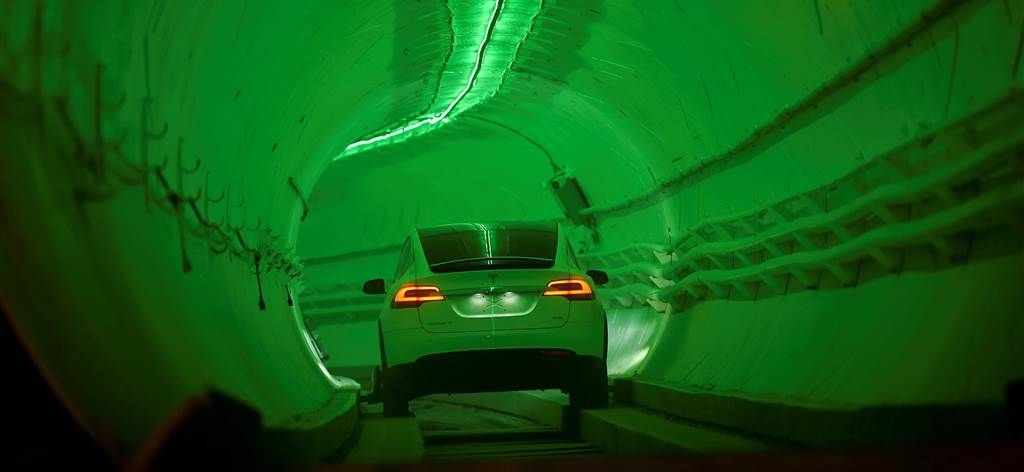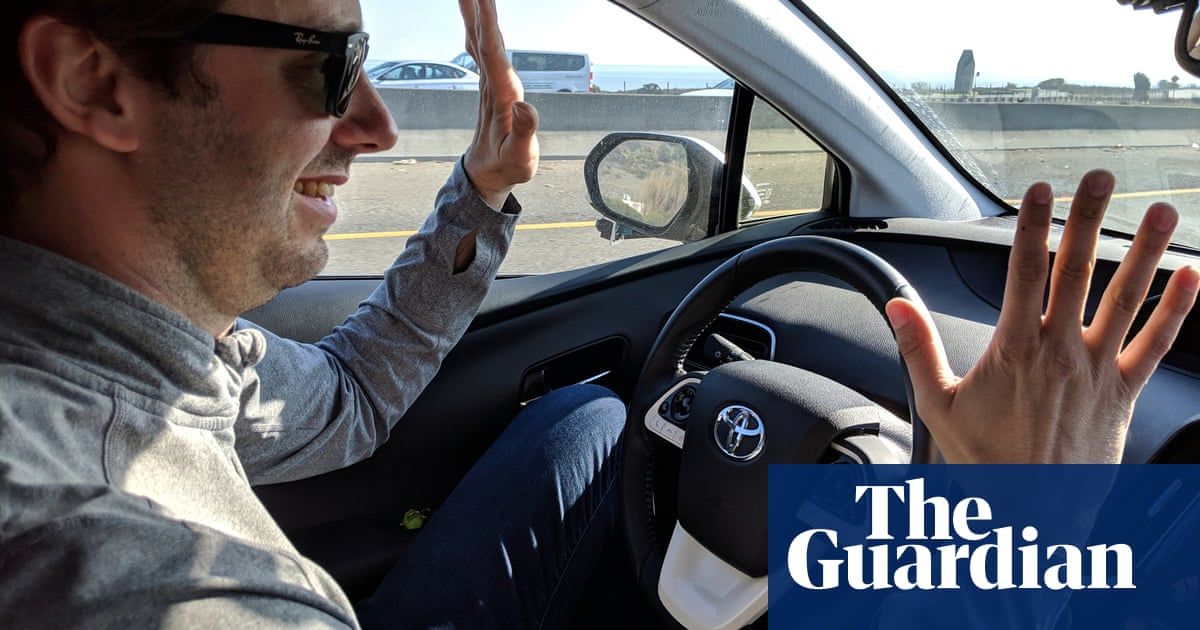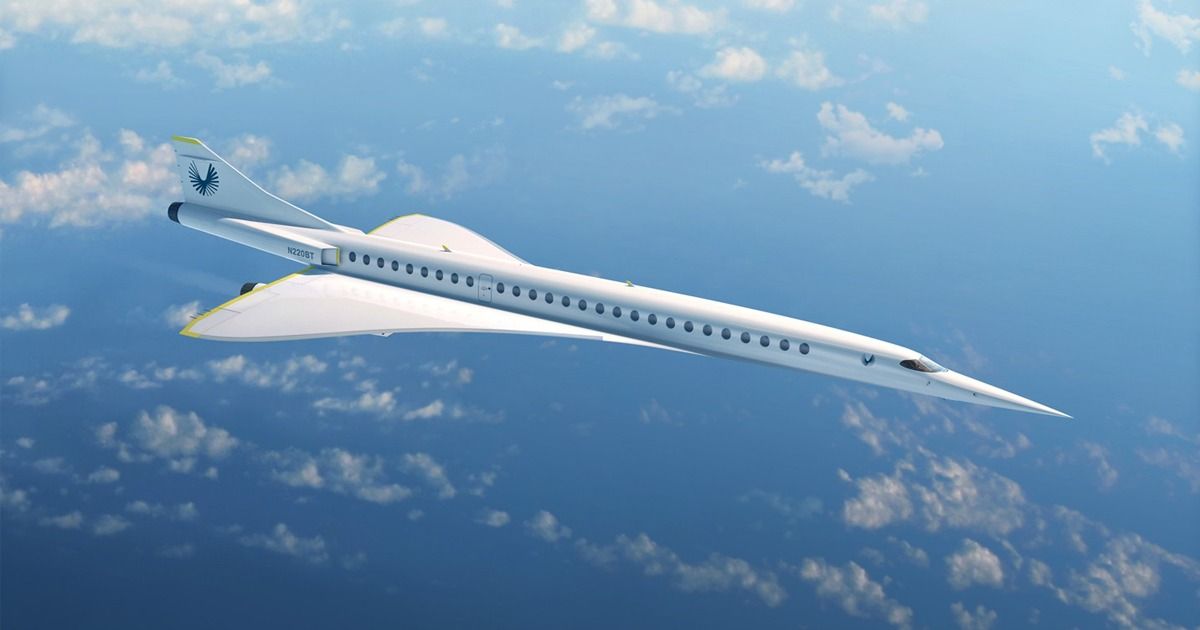Smartphone cameras have gotten so good that we struggle to find a reason to invest in a point-and-shoot, but there are still major advancements being made in camera tech that are light years ahead of anything you can fit in your pocket. A new panorama shot by China’s Jingkun Technology (calling themselves “Big Pixel”) is a great example of that, and its size is so jaw-dropping you could spend days staring at it.
The photo, taken from high on the Oriental Pearl Tower in Shanghai, shows the surrounding landscape in stunning detail. From your virtual perch many stories above the ground, you can zoom in so far that you can read the license plates on cars and spot smiling faces greeting each other on the sidewalk.








